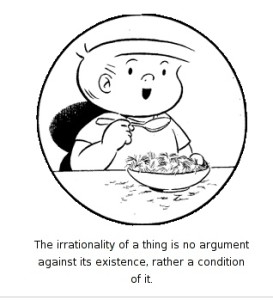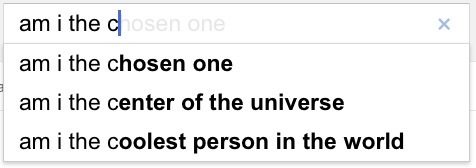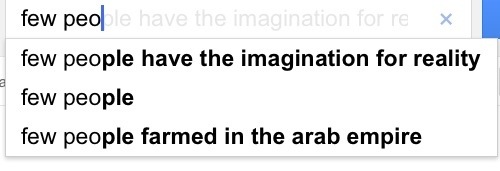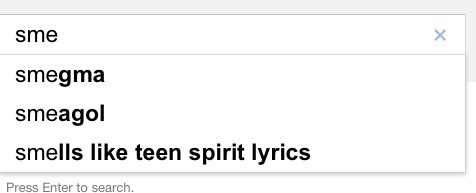![By Dinkum (Own work) [CC0], via Wikimedia Commons Au_marché_-_choux](http://crypticphilosopher.com/wp-content/uploads/2013/05/Au_marché_-_choux-300x225.jpg)
The Lord’s Prayer is 66 words, the Gettysburg Address is 286 words, and there are 1,322 words in the Declaration of Independence. Yet, government regulations on the sale of cabbage total 26,911 words.
David McIntosh, writing in National Review, October 24, 1995
I have seen variations on the above quote passed around via email and social media for years. The implication, I suppose, is that government regulations are needlessly verbose. According to Snopes.com, the sentiment long predates McIntosh’s article.
![By David B. Langston [CC-BY-3.0 (http://creativecommons.org/licenses/by/3.0)], via Wikimedia Commons Black_rot_of_cabbage_symptoms](http://crypticphilosopher.com/wp-content/uploads/2013/05/Black_rot_of_cabbage_symptoms-300x225.jpg)
If you don’t think that the government has anything whatsoever to say if someone tries to sneak this into the stream of commerce, please stay away from my kitchen
I generally have the same response whenever I see this posted somewhere, although usually the person posting the quote has no interest in actually learning more about
why our laws tend to be wordy. The Lord’s Prayer, Gettysburg Address, and Declaration of Independence all had very specific subjects and objectives; briefly stated, a recommendation on how to pray, motivation in wartime, and grounds for independence from England. History has generally deemed the number of words used in each of these writings sufficient to achieve these aims, but it is always possible to say the same thing with more or fewer words. In the event of a
listeria outbreak in the
nation’s cabbage supply, none of these writings will be of any
assistance whatsoever (unless you believe that a few “Our Father”s will be enough to protect the public, in which case I sincerely hope you do not have a high-level position in a health department.) These documents, not to mention the number of words used in each of them, is
completely, totally, utterly irrelevant to the nation’s cabbage supply. It is possible that regulations pertaining to cabbage are too wordy, but this comparison does not even come close to making that case. It’s just a less-clever-than-it-thinks attempt to rail against big guv’mint. If you don’t know much of anything about public safety regulations and/or have no desire to understand them, you might find the comparison compelling.
I bring this up because of a broader tendency among people who do not know much about law or legislation to lament the inscrutability of legal writing, arguing that it should be written in a way that nearly anyone could understand. Scott Greenfield, in a post with the ridiculously awesome title “The Fallacy of Simplicity,” annihilates this argument (go read his post. I’ll wait.) Continue reading →


![By Lars Karlsson (Keqs) (Own work) [CC-BY-SA-2.5 (http://creativecommons.org/licenses/by-sa/2.5)], via Wikimedia Commons By Lars Karlsson (Keqs) (Own work) [CC-BY-SA-2.5 (http://creativecommons.org/licenses/by-sa/2.5)], via Wikimedia Commons](http://crypticphilosopher.com/wp-content/uploads/2013/12/800px-Keqs_young_european_hedgehog1-300x199.jpg)



 I return to my hallowed tradition of
I return to my hallowed tradition of ![Via bitrebels.com [Fair use] Via bitrebels.com [Fair use]](http://crypticphilosopher.com/wp-content/uploads/2013/06/body-painting-floor-plan-1.jpg)
![By Dinkum (Own work) [CC0], via Wikimedia Commons Au_marché_-_choux](http://crypticphilosopher.com/wp-content/uploads/2013/05/Au_marché_-_choux-300x225.jpg)
![By David B. Langston [CC-BY-3.0 (http://creativecommons.org/licenses/by/3.0)], via Wikimedia Commons Black_rot_of_cabbage_symptoms](http://crypticphilosopher.com/wp-content/uploads/2013/05/Black_rot_of_cabbage_symptoms-300x225.jpg)






